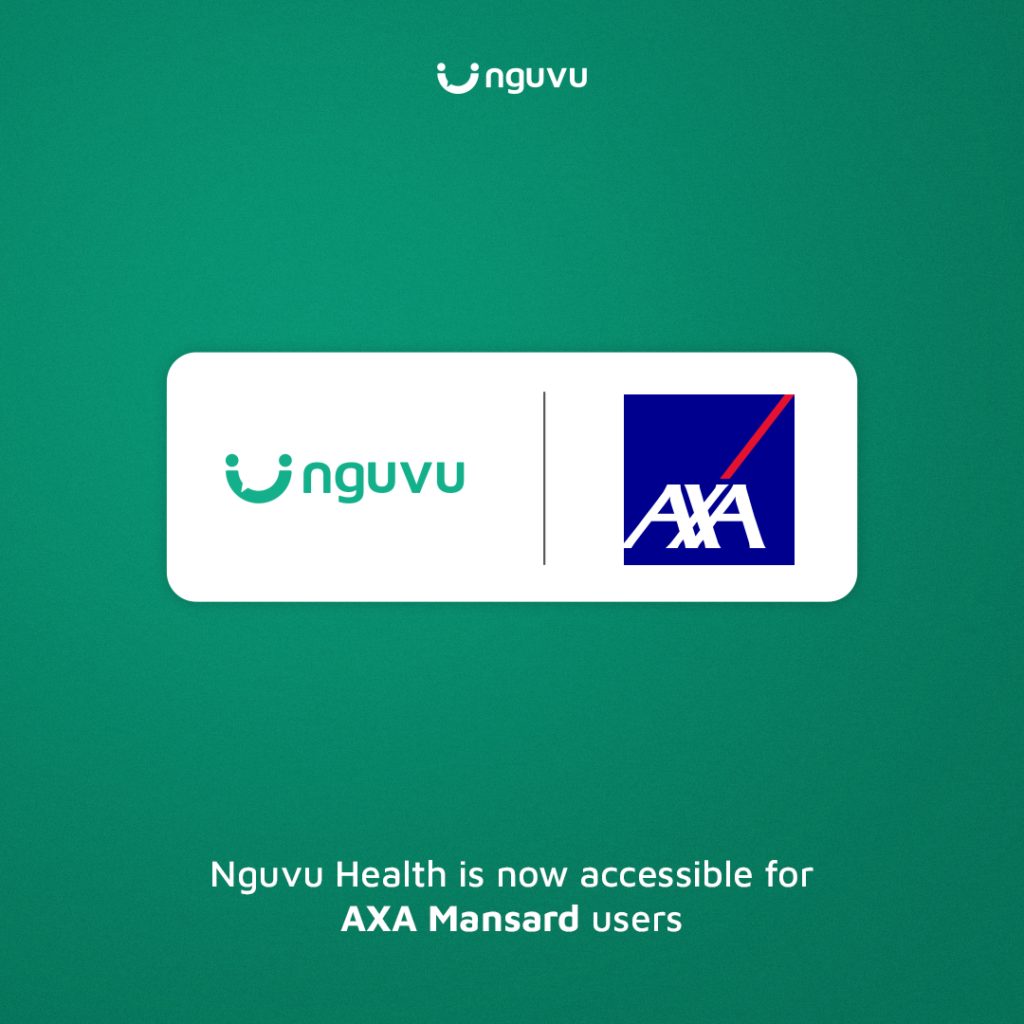In Africa, mental health professionals are scarce, with only 1 psychiatrist per 500,000 Africans, which is 100 times less than the recommended number. In Nigeria, the figures are even lower, with only 300 psychiatrists for the over 50 million people that suffer from mental disorders. According to the World Health Organisation, Africa is home to 6 of the 10 countries with the highest suicide rates worldwide. Studies also show that for each completed suicide, there are an estimated 20 attempted ones.
The mental health crisis on the continent is exacerbated by the general attitude that Africans have towards emotional and chemical-related issues such as depression, anxiety, and ADHD. In Nigeria, for instance, it is not unusual to see mentally ill individuals wandering the streets without medical assistance or mental health support. Many Nigerians – fueled by religious doctrine and teachings – have a tendency to view acute mental health illnesses as spiritual problems. There is also an underinvestment problem; on average, African governments budget less than $0.5 per capita for mental health.
Since its inception in 2020, Nguvu Health, an on-demand teletherapy platform, has been providing Nigerians with access to clinical psychologists. Founded by Joshua Koya, Tolulope Ogunjuyigbe, and Juliet Odumosu, the health tech startup focused on mental health has partnered with AXA Mansard to provide affordable mental health care to Africans.
The partnership, a 2-year deal, brings together Nguvu Health’s connections to teletherapy services and AXA Mansard’s connections to thousands of users seeking proper mental health coverage. At the core of this collaboration is Nguvu’s novel and signature mental health audit that covers policy and procedures review, confidential staff interviews and surveys, and assessments of workplace communication, health, and safety. The audit results will be used to develop a custom wellness action plan with timescales and quarterly wellness sessions – which will serve as ‘temperature checks’ – to assess progress and reinstate efficiency optimization.

With this partnership, AXA Mansard’s corporate clients and stakeholders will be granted quarterly discounted wellness sessions and a mental health audit. For AXA Mansard’s users, Nguvu will provide discounts for different therapy types, and 15% off couple and support group therapy.
In an exclusive call with TechCabal, Odumosu, co-founder and chief marketing officer at Nguvu Health, said that the startup currently has over 10,000 users with plans to acquire 50,000 more by the end of the year.
She added that to grow its user base, Nguvu must partner with health maintenance organisations (HMOs) and take advantage of their wide reach. According to Odumosu, HMOs also remove two barriers to access to therapy: information on the type of care that is available and affordability. Nguvu chose to partner with AXA Mansard because the company was willing to partner with a startup and saw the need to provide access to mental health professionals.
To become licensed to offer mental health services on Nguvu’s platform, psychologists have to pass through a very rigorous vetting system. After providing their psychology degree, the psychologists must provide a master’s degree in clinical psychology and evidence of active practice in their field of study.
Odumosu added that to solve the scarcity of mental health professionals, Nguvu Health partnered with the Oyo State Government to train counsellors to provide better mental health-related services to people in need.
Speaking on the partnership and the impact it would have, Joshua Koya, Nguvu Health’s CEO, said, “According to a Deloitte global survey, 64% of employees are frustrated which leads to a decline in productivity. This survey result is a reflection of many workplaces globally, especially in Africa where the numbers are amplified due to the tough work environments. This partnership holds special promise for the corporate industry, and offers a particular benefit for the healthcare sector, particularly the mental health space by addressing difficulties and disorders created or exacerbated by work such as stress and burnout.”





















